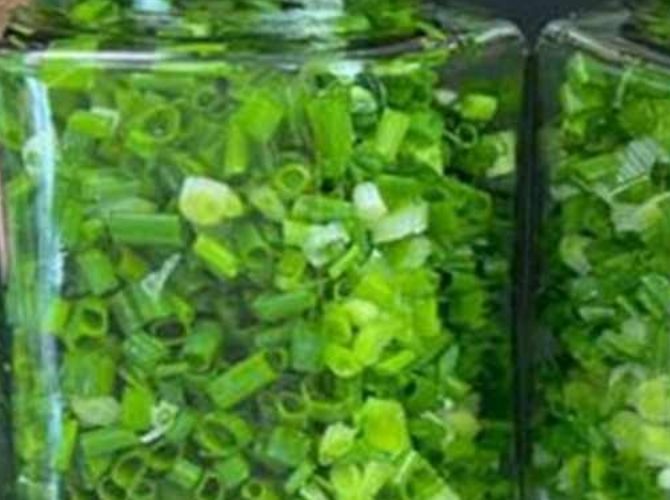More than just saving your veggies’ flavors and nutritional quality, keeping your veggies fresher longer contributes a lot to reducing waste and cuts down on the number of times you need to run to the store. Here are some storage tips to keep your veggies fresher longer and make sure you always have healthy building blocks ready for any type of meals.
- Know Your Veggies: Vegetables vary on what should be stored. Some love room temperature, and others prefer a colder climate.
- Root Vegetables: Store them in a cold, dry place.
- Leafy greens: Wrap them very loosely with a moist cloth and keep them in the crisper drawer of your refrigerator.
- Tomatoes: They retain the best flavor if stored at room temperature and out of direct light.
- Garlic and onions should be stored cold, dry, and well-ventilated. They search out darkness to prevent sprouting.
- Prepping for Storage: The way in which vegetables are prepared before storing can significantly impact the length of time they can be kept:
- Do not wash as moisture encourages decay. Just before using, rinse leafy greens and other vegetables quickly.
- Remove leafy tops: To avoid pulling moisture away from the roots, cut off and discard any leafy tops of beets, carrots, or radishes before storing them.
- Using Bags and Containers: The right containers go a long way to help;
- Airtight containers: These keep the cut or peeled vegetables fresh and avoid losing moisture besides preventing odor transfer to other foods.
- Perforated plastic bags: They work best in storing green beans and mushrooms in the fridge as they allow entry of air.
- Ideal Temperature and Humidity: The fridge should maintain an appropriate environment for the following:
- Crisper drawers: These are meant to retain moisture so as to keep your vegetables fresh. Depending on the type of vegetable you have, set the humidity to a high level for leafy greens and a low level for fruits that tend to easily spoil.
- Keep the fruits and vegetables apart: Fruits emit ethylene gas, which may lead to fast breakdown of vegetables that are close by.
- Regular Checking: Inculcate the practice of checking your vegetables regularly:
- Turn the stock, moving the older veggies to the front so they will be used first.
- Always check for rot or spoiling in your produce and remove any that appears bruised or spoiled so as not to have it spread to other healthy produce.
You can maintain the taste and nutrition in fresh veggies by doing this, which allows you to enjoy fresh vegetables for a longer period. This is not only cost-effective and eco-friendly but also healthy for a balanced diet. So do keep these simple tips in mind for the best vegetable storage on your next purchase!
